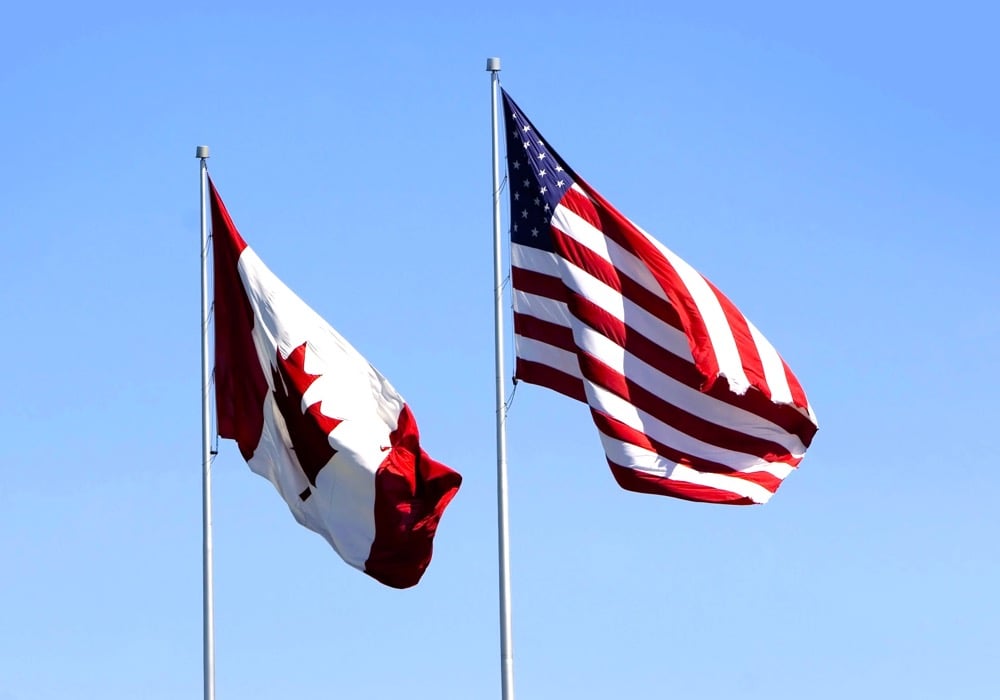The fight against the U.S. country-of-origin labelling law has been set back after an appeal was lost seeking a preliminary injunction against the rule.
The U.S. Court of Appeals for the District of Columbia Circuit rejected the case in a 9-2 decision on the basis it “was unlikely to succeed.”
The 70 page decision was released July 29.
“The preliminary injunction has been denied and it is status quo,” said John Masswohl of the Canadian Cattlemen’s Association.
The American Meat Institute was the lead plaintiff working with other industry organizations.
Read Also

Canadian trade data delayed by U.S. government shutdown
Canadian international trade data for September will be delayed indefinitely due to the ongoing partial shutdown of the United States government, Statistics Canada said Friday, Oct. 24.
The group hoped to get an injunction against the U.S. Department of Agriculture rule released last year. It felt a World Trade Organization challenge would take too long and wanted action sooner.
“If a quick preliminary injunction was granted to prevent the new rule from coming into effect, it was an option worth pursuing,” said Masswohl.
The full case for an injunction has not been scheduled in court, he said.
Plaintiffs must now decide whether to continue.
Legal counsel for the AMI and other industry organizations will review the decision more thoroughly and recommend the next action.
The case is against the COOL law that was implemented in May 2013. It followed a WTO ruling that the USDA rule discriminated against Canadian and Mexican livestock imports. The original rule allowed beef and pork to be labeled Product of the United States and Canada.
In response to the WTO ruling, the USDA produced a more detailed rule that said all retail packages must include information on where the animals were born, raised and slaughtered.
A WTO decision on the appeal against the second rule has been reached but not released. Governments have received confidential copies but it must be translated into English, French and Spanish.
The next step requires the decision to be tabled at a meeting of the dispute settlement body, which meets once a month. The next three scheduled meetings for the dispute panel are Aug. 29, Sept. 26 and Oct. 23.
Masswohl said an August release is unlikely.
“My guess would be Sept. 26,” he said.
The most recent court documents may be viewed at www.cadc.uscourts.gov/internet/opinions.nsf/A064A3175BC6DEEE85257D24004FA93B/$file/13-5281-1504951.pdf.















